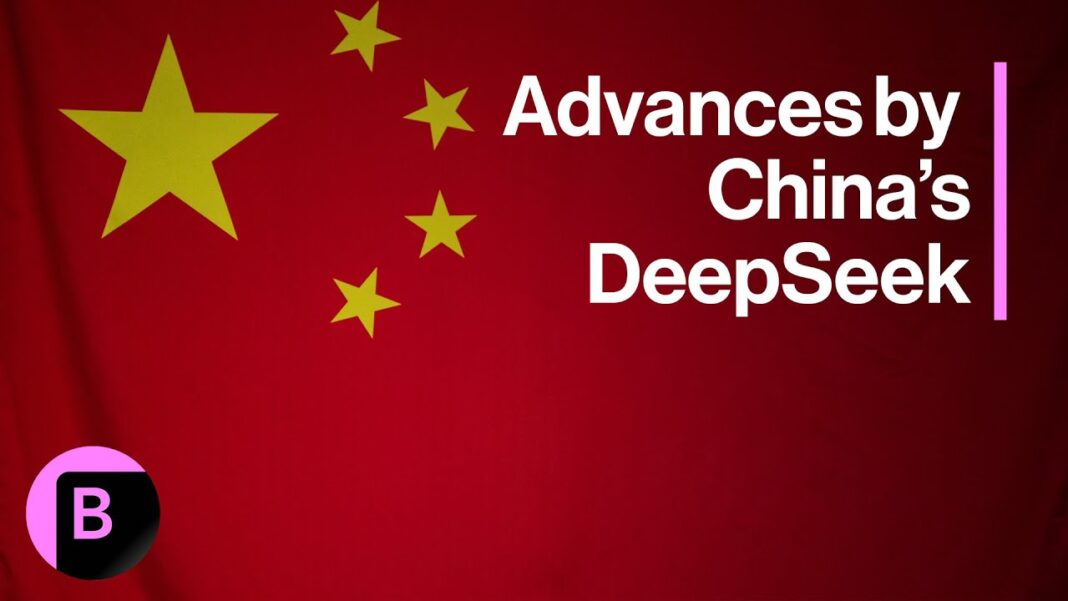Donald J. Trump first spoke of the idea back in 2019. The question is: Is it possible, and is it a good idea?
The U.S. is currently the political and economic global hegemon. Integrating Canada’s considerable natural resources, manufacturing capacity and access to the Arctic, could only further America’s global dominance.
There are four issues to consider when contemplating a hypothetical US-Canada union: economics, politics, cultural dynamics and military prowess
Economics
The US GDP approximates $29.37 trillion, constituting 26.69% of the world’s economy ($110.06 trillion-IMF est.’24). It leads the world in several sectors.
America’s financial, insurance, real estate, business/professional services and manufacturing in the aggregate constitute 44.7% of US GDP.
Canada, by contrast, ranks as the world’s 9th largest economy – GDP $2.21 trillion. America’s northern neighbor is particularly known for its considerable natural resources.
The Canadian Arctic region has significant mineral wealth buoyed by its abundant reserves and exports of aluminum, gold, nickel, zinc and the strategically important uranium deposits. They generate 19.2% of Canada’s GDP. Canada also has 20% of the world’s freshwater flows – a scarce commodity globally. And its proven petroleum reserves constitute 10.4% of the world’s deposits – making it the third largest globally.
Canada also possesses an impressive manufacturing sector specializing in automobile assembly and aerospace – while its agricultural base continues to prosper.
Canada-US Integrated
If Canada does become number 51, the resulting integrated GDP would approach $31.58 trillion, furthering U.S. economic and therefore political hegemony globally.
Trade
The US-Canadian combination would mean tariffs and trade barriers would vanish, supply chain integration would develop across industries and new markets for U.S. and Canadian enterprises would be inevitable.
Politics
Any integrated Canada-US nation will be fraught with enormous political issues. No doubt the domestic political landscape in the US would be transformed with a Canadian presence that would have to be considered way before anybody says “I do” at the “marriage ceremony.”
One thing is certain, the issue of congressional representation cannot be taken lightly. The US Congress would need to accommodate Canada’s population of 39.9 million (similar to California’s 39.4 million) including the political leanings of 10 provinces and 3 territories. Based on population alone, Canada could add as many as 52 seats to the House of Representatives and, of course, 2 Senators. These potentially “new voices” could not help but alter the political dynamics inside the “Beltway.”
Consider the fact that Canada’s often progressive-leaning population might tilt toward a more “Blue” orientation in America, potentially reshaping the balance of power dynamics. And left-leaning provinces like Ontario and Quebec, with the largest populations, would wield substantial influence in Congress.
What’s more, given Canada’s population of 39.9 million, this would mean about 54 more electoral votes are up for grabs. Presidential campaigns would need to be reconceptualized.
Canadian voters might even hold sway over the outcomes of presidential elections.
Social and Cultural Issues
Canada’s population would bring the combined U.S. population to about 380 million. The integration would produce a new demographic profile in America. Canada’s multicultural population includes the second-largest Sikh population in the world (800,000), an Indian population (1.85 million) or 5.1% of the Canadian population and a Muslim population (1.77 million) or 5.0% of Canada’s total populace. This would increase U.S. diversity, especially in French-speaking regions like Quebec where 8.8 million or 22.0% are Francophones.
A prominent distinction between the two countries is their healthcare systems. Canada embraces universal healthcare funded by taxes. The US healthcare is a mixed private-public system. Integrating the two systems would be challenging but possible.
With Canada’s emphasis on healthcare access, environmental policies, and social equity, differences could influence U.S. policies. Canadian voters might push for greater social programming, stricter environmental regulations, and equity-based legislation.
Another issue for the US would be Quebec’s historical desire for independence. The latter would need to feel meaningfully represented within a U.S. system which prioritizes individual states’ rights over Canada’s centralized federal policies.
Global Power
Should Canada join the US as the 51st state, the resulting entity would not only alter the North American political landscape – it would also reshape the global power hierarchy.
The US leads globally in military spending, (approximately $820 billion annually) – compared to Canada’s roughly $26.9 billion. While Canada’s military contribution is considerably less, its geographical proximity to the Arctic would significantly enhance U.S. strategic dominance.
With a combined GDP of $31.58 trillion, a U.S.-Canada union would account for 28.69% of global GDP (110.06 trillion-IMF est.’24) underpinning its dominance as the world’s economic juggernaut.
It is clear that the integration of Canada into the United States would create a global behemoth, unrivaled in military power, economic status, and Arctic advantage for both countries.
Yet, Canada’s historical bias towards federally-funded collective social programs (like healthcare, the environment and social equity) stands in contradistinction to the US’s advocacy for states’ rights and individual freedom.
The dilemma becomes: Are the obvious strategic advantages of a merged US-Canada entity overwhelmed by the politically-driven and potentially untenable social and cultural differences?
At the same time, the decision could be much simpler – a recent Leger poll found Canadians not very receptive to the idea of being number 51 – only 13% found it palatable.
But there may be a way around that number.
During a news conference at Mar-a-Lago last month, President-elect Trump first complained about Canada and Mexico taking advantage of the U.S. in trade. He has added jabs at Canadian Prime Minister Justin Trudeau since, referring to him as “governor of the 51st state.”
There are three points to consider regarding Trump’s remarks which give weight to his alleged theatre. First, Trump is intent on projecting US power abroad. A serious presence in the Canadian and Greenland Artic regions (sovereign or otherwise) and a better “deal” in the Canal Zone would send that message.
Second, Trudeau’s departure from the prime minister’s office makes politics and decision making difficult for Canada. Until he leaves, Trudeau is a “lame duck” PM with technical authority but no mandate.
Finally, Quebec has long sought independence from Canada. Trudeau’s father, Pierre Trudeau, dealt with that prospect when he was PM in 1980.
Quebec’s push for independence could be employed by Trump to advance the US’s position. If the US agreed to Quebec’s independence, the latter might support the US’s efforts with Canada. Think of it as a sort of Canadian “Kosovo” carve out.
Some say Trump is joking, while others suggest he is just destabilizing the opposition. But there is likely more truth in his words than rhetoric – Trump wants unfettered access to the Arctic.







